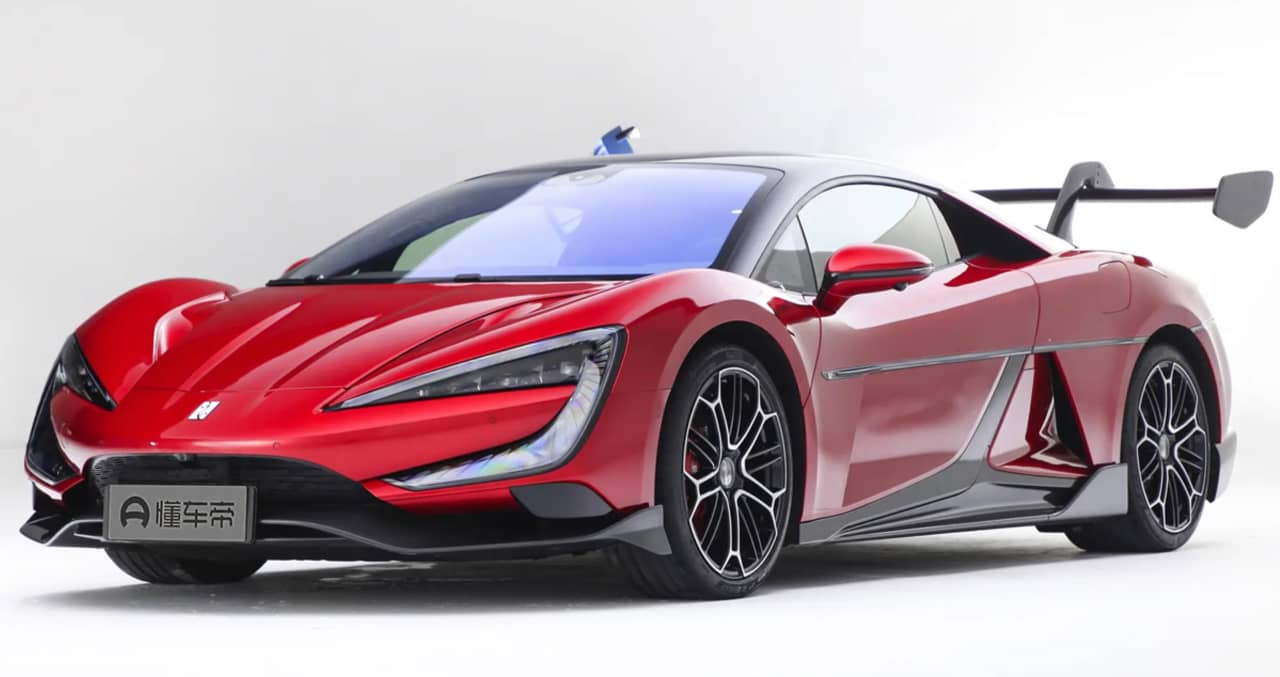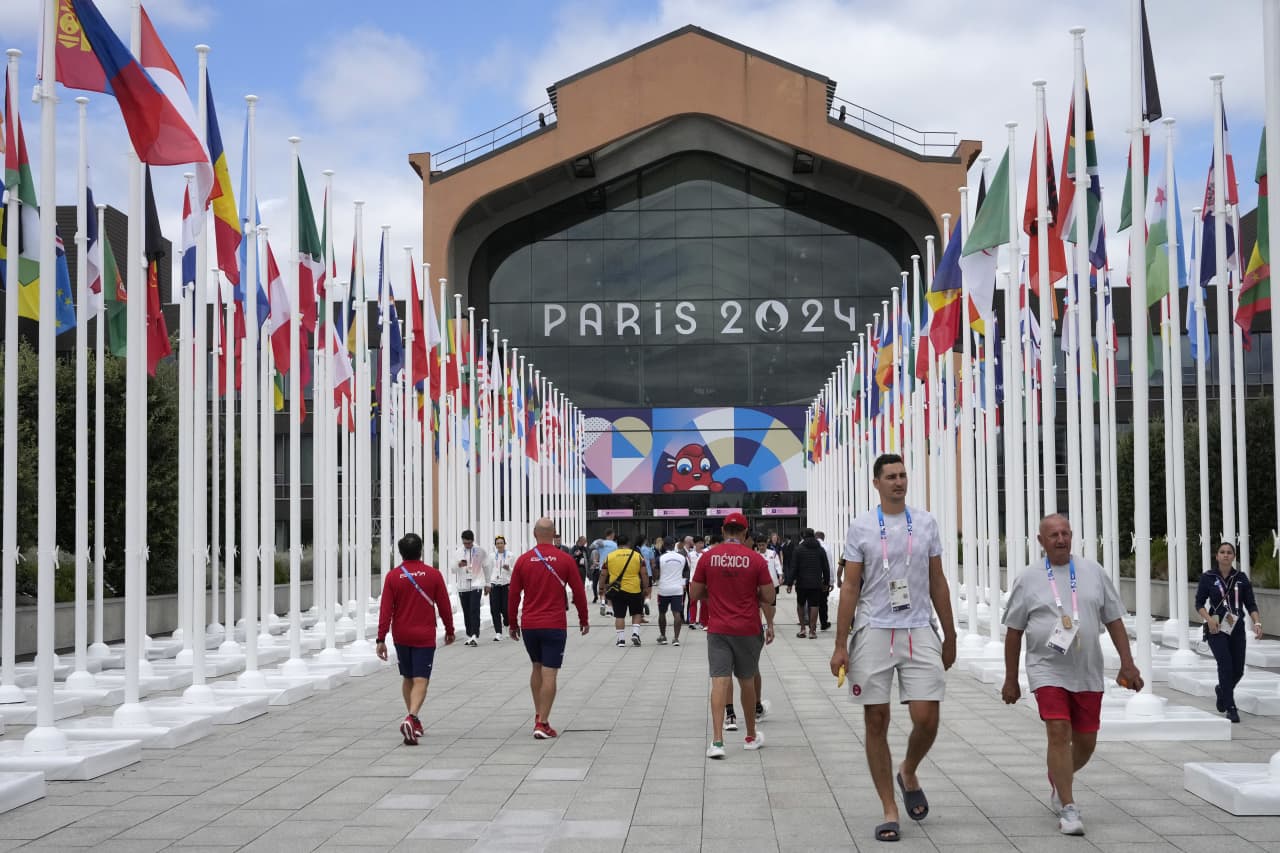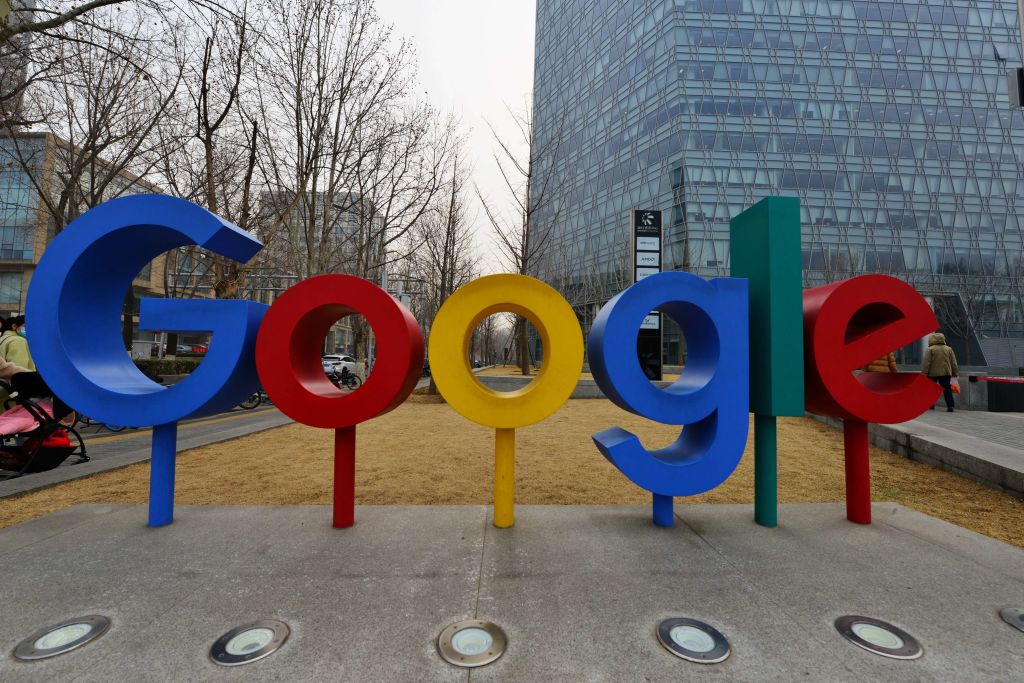From its inception, Chinese automaker BYD has had a global vision that’s been realized in Asia, Europe, and South America, but the company has had a conspicuously low profile in the U.S., where 25%import duties have so far kept the brand mostly out of the market. Indeed, U.S. lawmakers are urging even higher tariffs on Chinese-made EVs.
The U.S. blockade hasn’t stopped BYD (“Build Your Dreams”) from becoming the world’s biggest producer of EVs, passing Tesla. The company produced 3 million vehicles last year, with exports to 70 countries growing by a remarkable 334%. The company’s website has headlines such as “BYD Seal Launched in Nepal” and “BYD Enters Indonesian Passenger Car Market with three EVs.” Early investment in BYD by Warren Buffett seems to have been rewarded, though he sold some of his stock in 2022.
The EV supercar market has entries such as the Rimac Nevera, Lucid Air Sapphire, Maserati GranTurismo Folgore, and others, but few credible models from China. Now that may be changing with BYD’s sleek two-door US$233,400 Yangwang U9 (“Ultimate 9”) coupe, so far intended only for the Chinese market.
Competitive with those other supercars, it can reach 62 miles per hour in 2.36 seconds and attain a top speed of 192 mph. The U9 has 1,287 horsepower and 1,200 pound-feet of torque. The car was shown in a live launch stream from Shanghai on Saturday, and will reportedly reach customers as early as this summer.
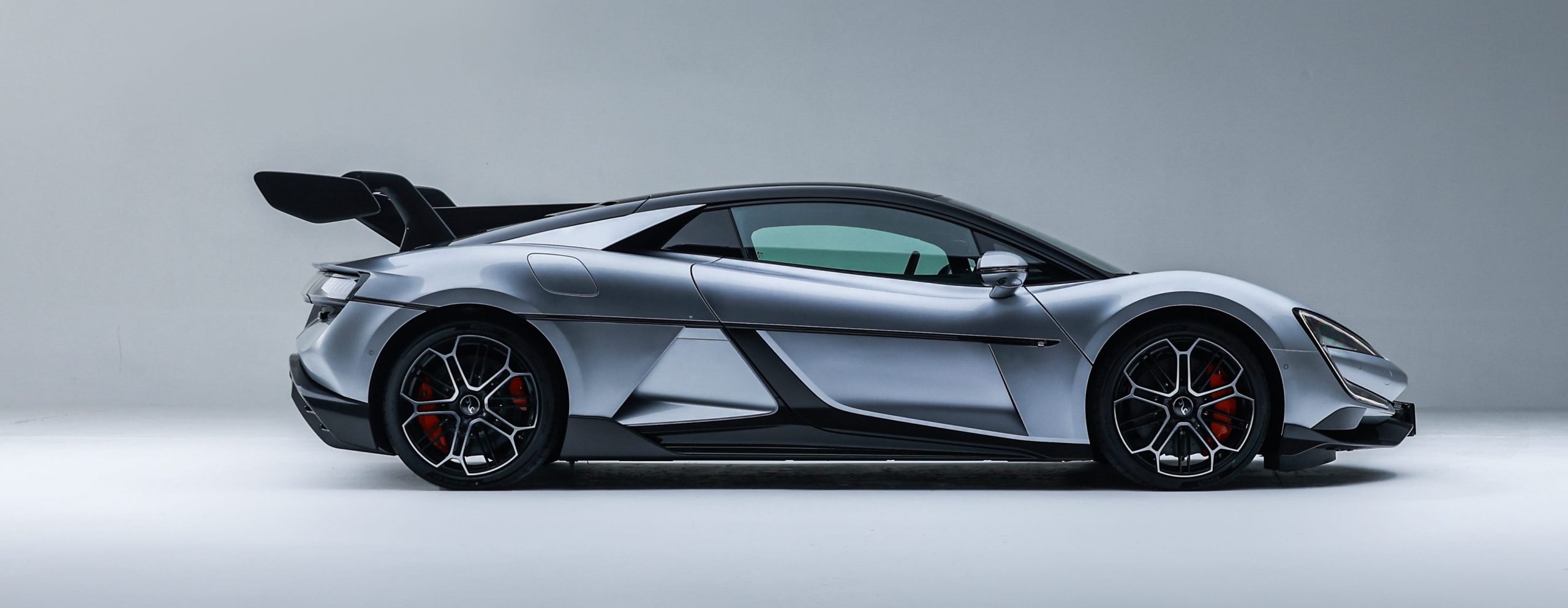
BYD photo
The U9 has an 80-kilowatt-hour lithium iron phosphate, or LFP, battery and 280-mile range on the Chinese Light-Duty Vehicle Test Cycle, which Sam Abuelsamid, principal analyst for transportation and mobility at Guidehouse Insights, says is “notoriously optimistic.” The U9 has an 800-volt architecture and can reportedly use DC fast charging up to 500 kilowatts, with the ability to charge from 30% to 80% in 10 minutes.
The U9 has familiar supercar styling by the German designer Wolfgang Egger, complete with a pair of upswinging doors. Like other Chinese cars, it has its fanciful side—including four different “dance modes” that make use of its Discus X full active body control. In the event of a flat tire, it can run on three wheels. Other features include an adjustable rear wing and “the smartest supercar cockpit,” with two LCD screens (and provisions for a possible third). The U9 is around 16 feet long, roughly the size of a Lamborghini Aventador.
Yangwang is a new upmarket brand for BYD. The lineup includes the U8, a US$150,000 four-motor plug-in hybrid SUV with 1,184 horsepower and zero to 62 in 3.6 seconds. The U8 can reportedly stay afloat during emergencies. BYD has already delivered more than 3,000 of them. The U7 is a luxury electric four-door sedan, also with four motors, and a reported 1,300 horsepower and up to 500-mile range. The U7 starts at US$140,000.
BYD covers both ends of the market, and offers EVs that sell for less than US$14,000 in the Chinese market. BYD, which has sold some buses in the U.S., is considering production in Mexico, which would potentially be an easy export to the U.S. That prospect is alarming Western automakers. According to a recent report from the Alliance for American Manufacturing: “The introduction of cheap Chinese autos—which are so inexpensive because they are backed with the power and funding of the Chinese government—to the American market could end up being an extinction-level event for the U.S. auto sector.”
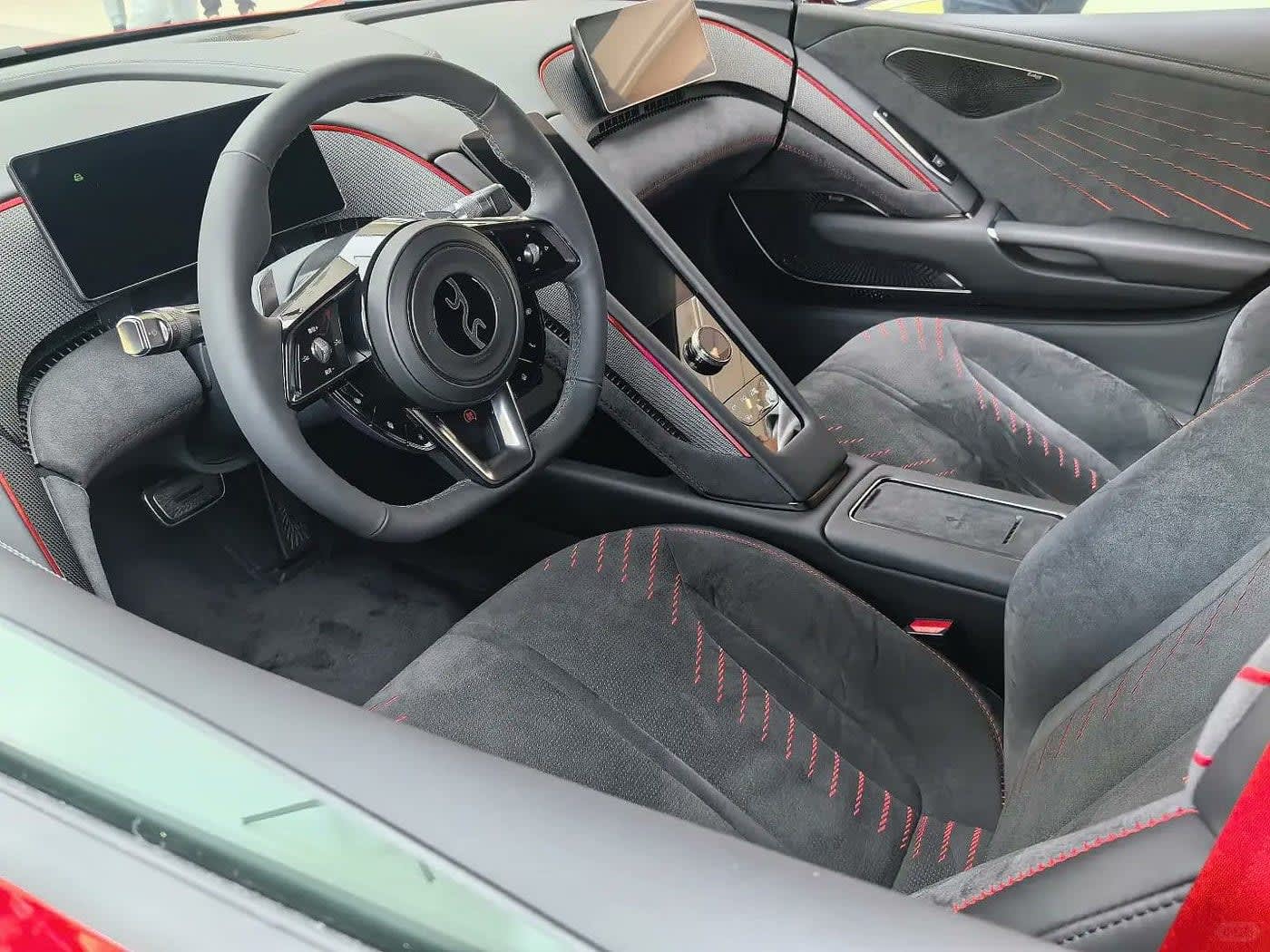
BYD photo
Building Chinese cars in Mexico is “an effort to gain backdoor access to American consumers by circumventing existing policies that are keeping China’s autos out of the U.S. market,” the report said. Abuelsamid said that further tariffs are “a distinct possibility,” but not likely until at least 2025 because of Congressional gridlock.
 Copyright 2020, Dow Jones & Company, Inc. All Rights Reserved Worldwide. LEARN MORE
Copyright 2020, Dow Jones & Company, Inc. All Rights Reserved Worldwide. LEARN MORE
What a quarter-million dollars gets you in the western capital.
Alexandre de Betak and his wife are focusing on their most personal project yet.
CIOs can take steps now to reduce risks associated with today’s IT landscape
As tech leaders race to bring Windows systems back online after Friday’s software update by cybersecurity company CrowdStrike crashed around 8.5 million machines worldwide, experts share with CIO Journal their takeaways for preparing for the next major information technology outage.
Be familiar with how vendors develop, test and release their software
IT leaders should hold vendors deeply integrated within IT systems, such as CrowdStrike , to a “very high standard” of development, release quality and assurance, said Neil MacDonald , a Gartner vice president.
“Any security vendor has a responsibility to do extensive regression testing on all versions of Windows before an update is rolled out,” he said.
That involves asking existing vendors to explain how they write software, what testing they do and whether customers may choose how quickly to roll out an update.
“Incidents like this remind all of us in the CIO community of the importance of ensuring availability, reliability and security by prioritizing guardrails such as deployment and testing procedures and practices,” said Amy Farrow, chief information officer of IT automation and security company Infoblox.
Re-evaluate how your firm accepts software updates from ‘trusted’ vendors
While automatically accepting software updates has become the norm—and a recommended security practice—the CrowdStrike outage is a reminder to take a pause, some CIOs said.
“We still should be doing the full testing of packages and upgrades and new features,” said Paul Davis, a field chief information security officer at software development platform maker JFrog . undefined undefined Though it’s not feasible to test every update, especially for as many as hundreds of software vendors, Davis said he makes it a priority to test software patches according to their potential severity and size.
Automation, and maybe even artificial intelligence-based IT tools, can help.
“Humans are not very good at catching errors in thousands of lines of code,” said Jack Hidary, chief executive of AI and quantum company SandboxAQ. “We need AI trained to look for the interdependence of new software updates with the existing stack of software.”
Develop a disaster recovery plan
An incident rendering Windows computers unusable is similar to a natural disaster with systems knocked offline, said Gartner’s MacDonald. That’s why businesses should consider natural disaster recovery plans for maintaining the resiliency of their operations.
One way to do that is to set up a “clean room,” or an environment isolated from other systems, to use to bring critical systems back online, according to Chirag Mehta, a cybersecurity analyst at Constellation Research.
Businesses should also hold tabletop exercises to simulate risk scenarios, including IT outages and potential cyber threats, Mehta said.
Companies that back up data regularly were likely less impacted by the CrowdStrike outage, according to Victor Zyamzin, chief business officer of security company Qrator Labs. “Another suggestion for companies, and we’ve been saying that again and again for decades, is that you should have some backup procedure applied, running and regularly tested,” he said.
Review vendor and insurance contracts
For any vendor with a significant impact on company operations , MacDonald said companies can review their contracts and look for clauses indicating the vendors must provide reliable and stable software.
“That’s where you may have an advantage to say, if an update causes an outage, is there a clause in the contract that would cover that?” he said.
If it doesn’t, tech leaders can aim to negotiate a discount serving as a form of compensation at renewal time, MacDonald added.
The outage also highlights the importance of insurance in providing companies with bottom-line protection against cyber risks, said Peter Halprin, a partner with law firm Haynes Boone focused on cyber insurance.
This coverage can include protection against business income losses, such as those associated with an outage, whether caused by the insured company or a service provider, Halprin said.
Weigh the advantages and disadvantages of the various platforms
The CrowdStrike update affected only devices running Microsoft Windows-based systems , prompting fresh questions over whether enterprises should rely on Windows computers.
CrowdStrike runs on Windows devices through access to the kernel, the part of an operating system containing a computer’s core functions. That’s not the same for Apple ’s Mac operating system and Linux, which don’t allow the same level of access, said Mehta.
Some businesses have converted to Chromebooks , simple laptops developed by Alphabet -owned Google that run on the Chrome operating system . “Not all of them require deeper access to things,” Mehta said. “What are you doing on your laptop that actually requires Windows?”





